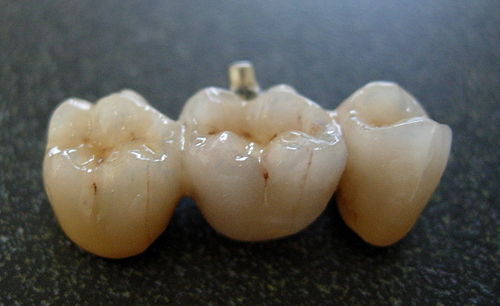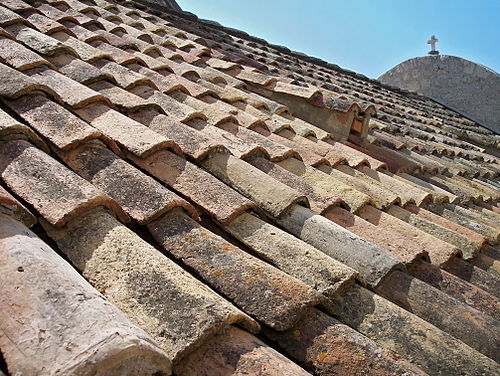Polymernoun
(organic chemistry) A long or larger molecule consisting of a chain or network of many repeating units, formed by chemically bonding together many identical or similar small molecules called monomers. A polymer is formed by polymerization, the joining of many monomer molecules.
Polymernoun
A material consisting of such polymer molecules.
Polymernoun
Any one of two or more substances related to each other by polymerism; specifically, a substance produced from another substance by chemical polymerization.
Polymernoun
a naturally occurring or synthetic compound consisting of large molecules made up of a linked series of repeated simple monomers
Polymer
A polymer (; Greek poly-, + -mer, ) is a substance or material consisting of very large molecules, or macromolecules, composed of many repeating subunits. Due to their broad spectrum of properties, both synthetic and natural polymers play essential and ubiquitous roles in everyday life.
Ceramicadjective
Made of material produced by the high-temperature firing of inorganic, nonmetallic rocks and minerals.
Ceramicnoun
(uncountable) A hard, brittle, inorganic, nonmetallic material.
Ceramicnoun
(countable) An object made of this material
Ceramicadjective
Of or pertaining to pottery; relating to the art of making earthenware; as, ceramic products; ceramic ornaments for ceilings.
Ceramicnoun
an artifact made of hard brittle material produced from nonmetallic minerals by firing at high temperatures
Ceramicadjective
of or relating to or made from a ceramic;
Ceramicadjective
made of clay and permanently hardened by heat
Ceramicadjective
relating to ceramic articles
Ceramicnoun
pots and other articles made from clay hardened by heat
Ceramicnoun
the art of making ceramic articles.
Ceramicnoun
the material from which ceramics are made
Ceramicnoun
any non-metallic solid which remains hard when heated.
Ceramic
A ceramic is any of the various hard, brittle, heat-resistant and corrosion-resistant materials made by shaping and then firing a nonmetallic mineral, such as clay, at a high temperature. Common examples are earthenware, porcelain, and brick.



























